Highland tourists should ditch driving the busy North Coast 500 and instead enjoy a leisurely train holiday along the Far North Line, a community group has argued.
For residents all along the NC500, the extremely popular tourist route has proven to be highly controversial.
Issues like speeding, severe pressures on local infrastructure and dirty camping have all caused havoc for rural communities.
To help combat the problems and give visitors to the spectacular Highlands a different experience, an up-and-coming group says the solution lies in taking the Far North Line instead.
‘Stop jumping out of the car just for Instagram shots’
David Watson, who manages the Kyle of Sutherland Development Trust, is part of a small group of campaigners who want to promote using the Far North Line, which extends from Inverness to Thurso and Wick.
David says by encouraging people to slow down their holidays and enjoy a railway adventure along the Far North Line instead of a rushed drive along the NC500, visitors will be able to better enjoy the Highlands and all it has to offer, while reducing the impact of tourism on many communities.
He said: “I don’t see many visitors queuing up in Brora, yet the beach in Brora is incredible.
“And then there’s Helmsdale, a community with a very proud and strong heritage and history, and the Strath of Kildonan, with the landscape telling the story of the Highland Clearances and mass migration, and showing the setting of Scotland’s very own gold rush.”
Mr Watson added: “Instead of just jumping out of the car to take Instagram snapshots, we want tourists to know that they can slow down and immerse themselves in the amazing culture and the heritage here on the east coast.
“From the grandeur of Dunrobin Castle to the international significance of the Flow Country, Europe’s largest expanse of blanket bog vying for UNESCO World Heritage Site, anyone would agree the east coast has a great itinerary.”
Community’s hopes for future of Far North Line
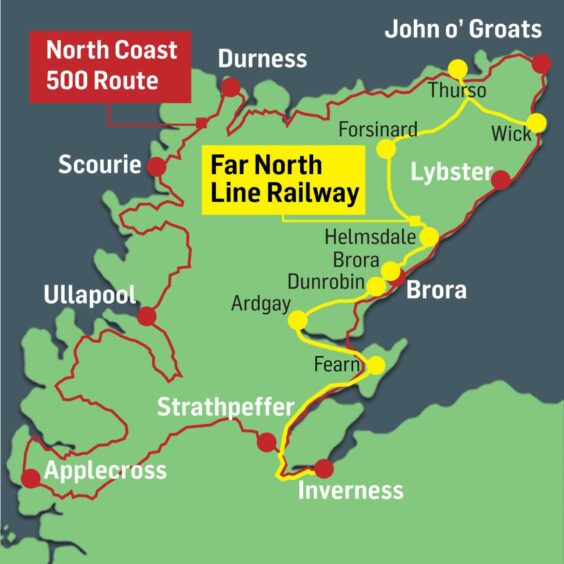
David’s grassroots group, called the Far North Line Community Rail Partnership, is in the process of becoming an official community rail partnership.
Such organisations exist all across the UK, and they work to promote the benefits of railways so that local communities can make the best of the services available.
David’s partnership group is currently seeking to apply with the Department for Transport for official accreditation.
David said: “Although it’s our aspiration, our main aim is to help the communities along the line to benefit from the line.
“If we don’t get over the line with this application, for whatever reason, we are still going to drive forward community benefit in some way, shape or form.”
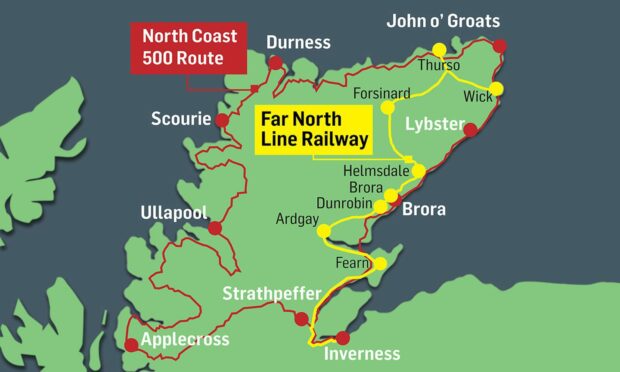
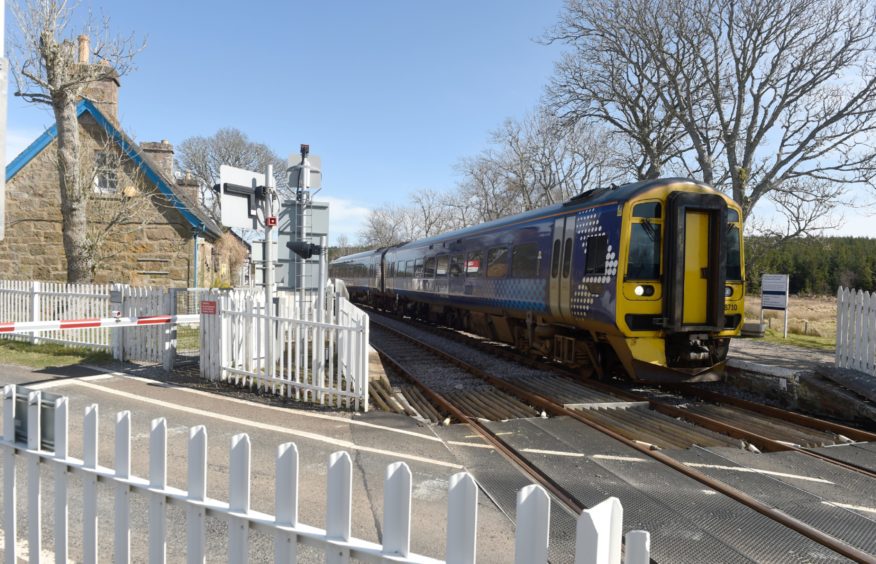
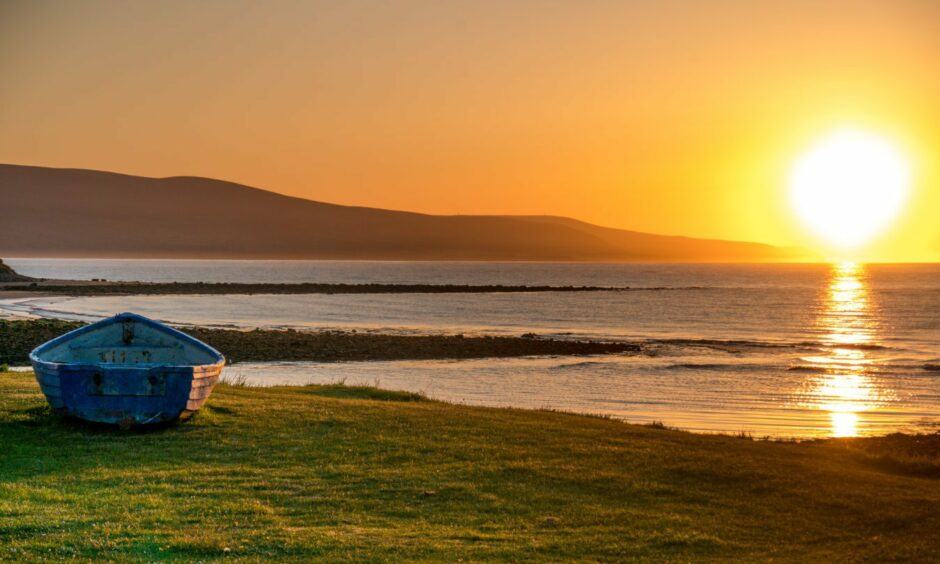
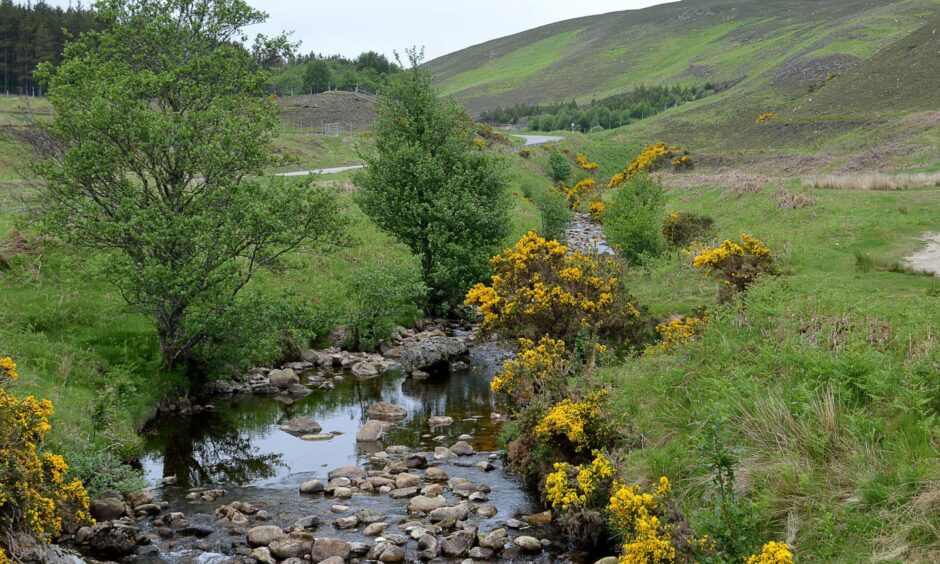
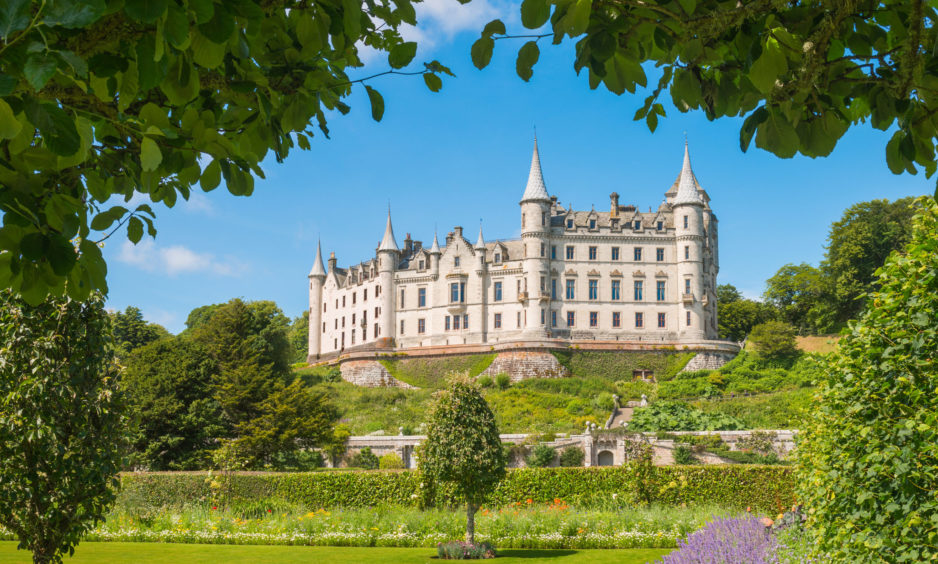
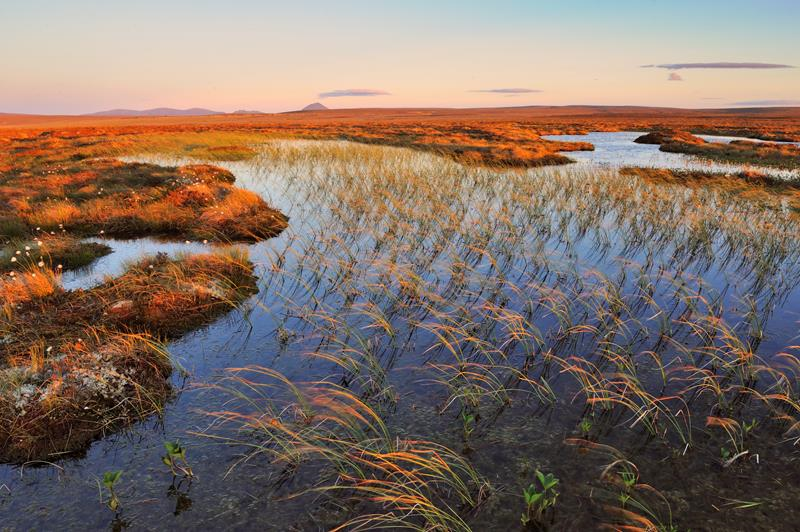
Conversation